Embarking on a 14-day No Sugar diet is a powerful step toward transforming your health, achieving weight loss goals, and embracing a more nutritious lifestyle. By eliminating added sugars and processed foods, this plan helps you reset your taste buds, curb cravings, and develop healthier eating habits. This detailed guide covers what to eat, what to avoid, meal plans, and tips to help you succeed on your no-sugar journey.
What is a No Sugar Diet?
A no-sugar diet focuses on removing all forms of added sugar, including hidden sugars in processed foods, sugary beverages, and desserts. Instead, it emphasizes consuming whole, unprocessed foods that provide essential nutrients without spiking your blood sugar levels. This dietary change is not just about cutting calories but about nourishing your body with nutrient-dense, natural foods.
By following a 14-day no sugar diet, you’ll not only improve your physical health but also gain mental clarity, better energy levels, and long-term benefits such as reduced risk of chronic diseases.
What to Eat on a No Sugar Diet
Switching to a no sugar diet requires a strategic approach to food selection. The goal is to prioritize natural, wholesome ingredients and avoid any foods with added or artificial sugars.
Sugar-Free Foods to Focus On:
Vegetables:
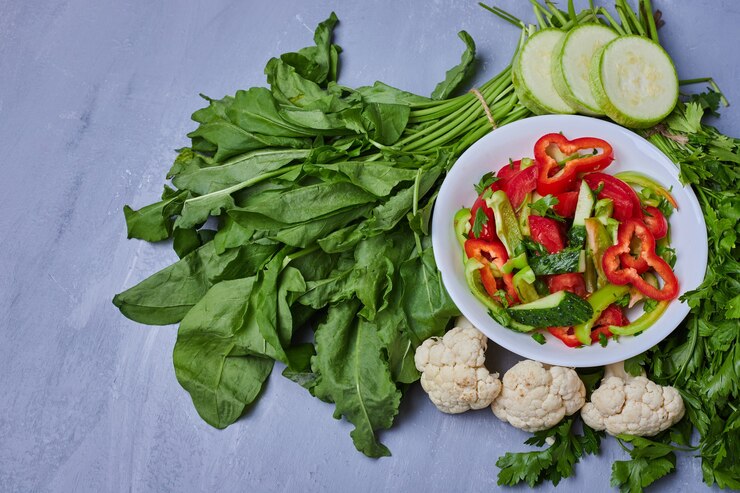
These should make up the foundation of your diet. Vegetables are packed with vitamins, minerals, and fiber, which are essential for overall health.
Examples: Spinach, kale, broccoli, cauliflower, zucchini, cucumbers, and bell peppers.
Low-Sugar Fruits:
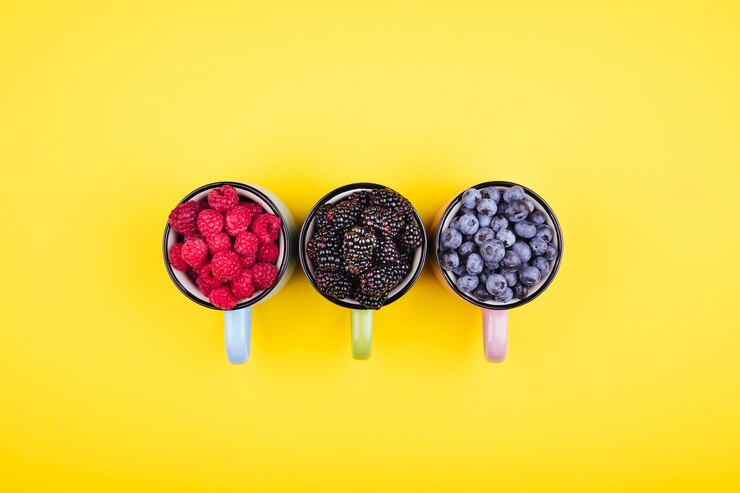
While fruits contain natural sugars, some options are lower in sugar and can be enjoyed in moderation.
Best Choices: Berries (strawberries, blueberries, raspberries), kiwi, grapefruit, lemons, limes, and avocados.
Proteins:
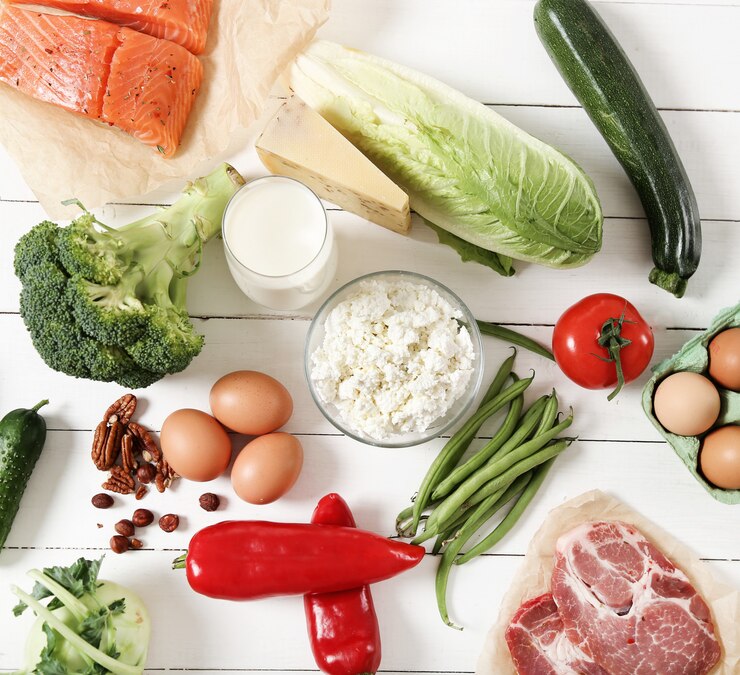
High-quality protein sources are critical for maintaining muscle mass and supporting metabolic health.
Options: Lean meats like chicken, turkey, fish, eggs, tofu, lentils, and beans.
Healthy Fats:
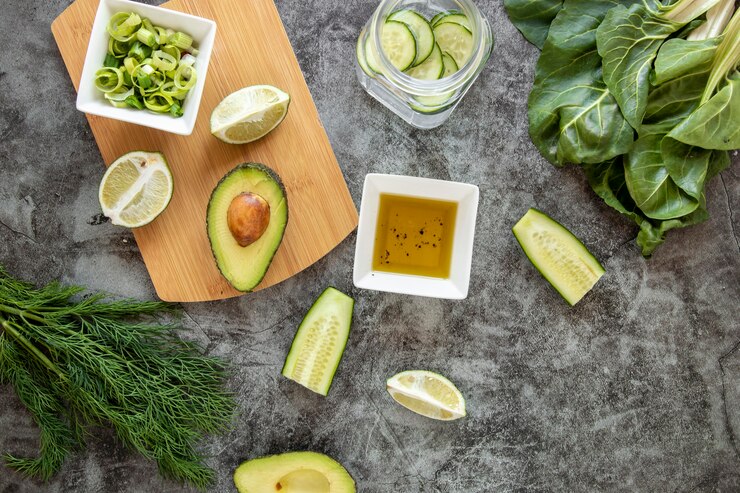
Incorporate fats that nourish your body and keep you feeling full longer.
Examples: Olive oil, coconut oil, nuts (almonds, walnuts), seeds (chia seeds, flaxseeds), and avocado.
Whole Grains (Moderation):
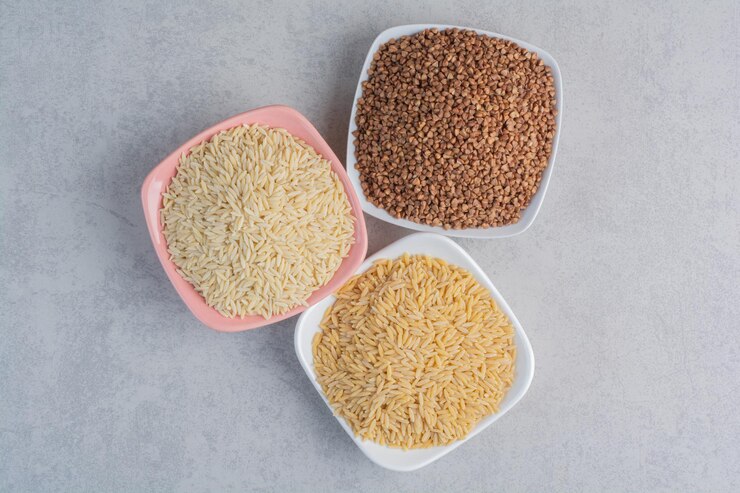
Opt for grains that are minimally processed and provide sustained energy.
Examples: Quinoa, brown rice, and oats.
Dairy (Limited):
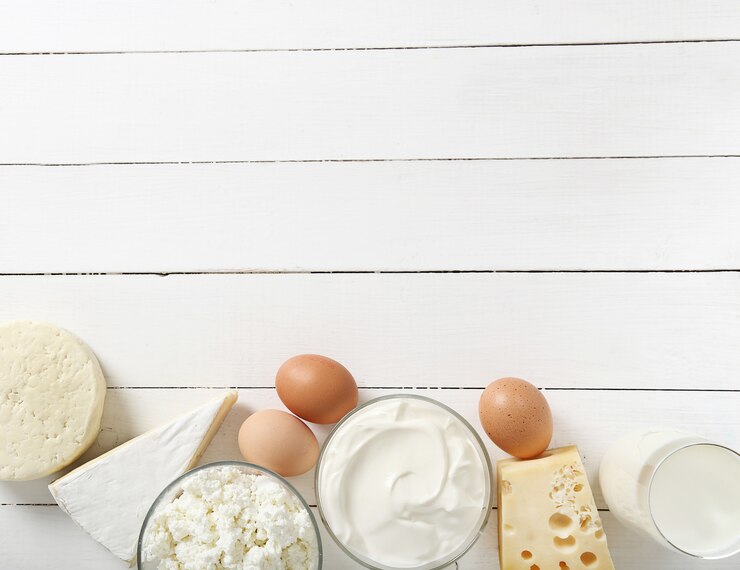
Choose dairy products that are unsweetened and low in sugar.
Options: Greek yogurt, and cheese (low-sugar varieties).
Herbs, Spices, and Condiments:
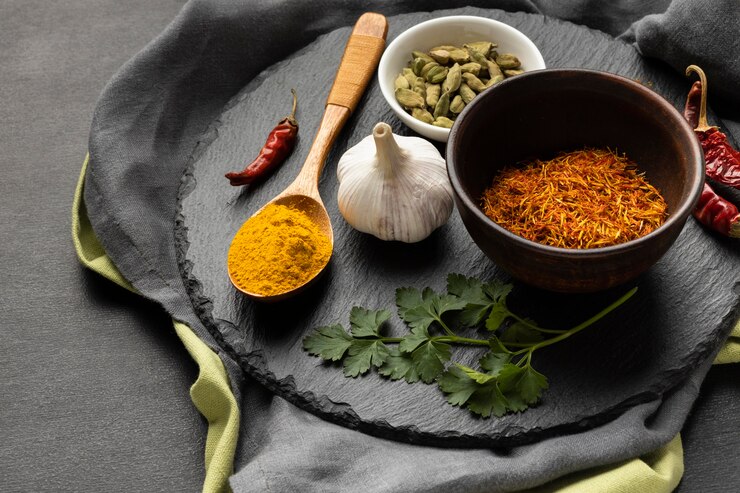
Use these to flavor your meals naturally without the need for sugar or artificial sweeteners.
Examples: Turmeric, cinnamon, ginger, mustard, vinegar, pesto, and salsa (check for no added sugar).
Beverages to Include:
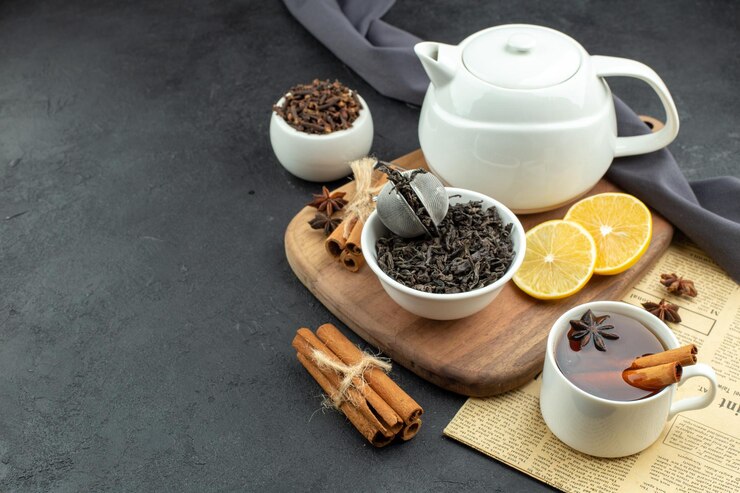
Water (plain or infused with lemon/lime).
Herbal teas (unsweetened).
Black coffee (without sugar or creamers).
What to Avoid on a No Sugar Diet
To truly benefit from a 14-day no sugar diet, it’s crucial to identify and eliminate foods that can sabotage your progress.
Foods to Avoid:
- Sugary Beverages:
Skip sodas, sweetened teas, flavored lattes, and packaged fruit juices. - Desserts and Sweets:
Eliminate cakes, cookies, candies, and traditional sweets like gulab jamun, rasgulla, and barfi. - Hidden Sugars:
Avoid processed foods like ketchup, bread, biscuits, and packaged snacks that often contain hidden sugars. - Artificial Sweeteners:
Refrain from using stevia, monk fruit, allulose, or sugar alcohols (like xylitol and erythritol). - Refined Flours:
Foods made with white flour, such as pasta, pastries, and white bread, should be avoided. - Fried and Processed Foods:
These often contain unhealthy oils and added sugars to enhance flavor.
Benefits of a No Sugar Diet
1. Improved Energy Levels:
Natural foods provide sustained energy without the crashes associated with sugar.
2. Better Digestive Health:
High-fiber foods like vegetables, fruits, and legumes improve gut health.
3. Weight Loss:
By cutting out sugary, high-calorie foods, you naturally reduce calorie intake.
4. Reduced Inflammation:
A no-sugar diet helps combat chronic inflammation linked to various diseases.
5. Enhanced Mental Clarity:
Many people report sharper focus and improved concentration.
6. Stable Blood Sugar Levels:
Eliminating sugar helps regulate insulin and prevents energy spikes and crashes.
Sample 14-Day No Sugar Diet Meal Plan
Day 1:
Breakfast: Scrambled eggs with spinach and tomatoes.
Lunch: Grilled chicken salad with cucumber, avocado, and olive oil.
Dinner: Baked salmon with broccoli and quinoa.
Day 2:
Breakfast: Greek yogurt topped with berries and chia seeds.
Lunch: Turkey lettuce wraps with avocado.
Dinner: Stir-fried beef with cashews and cauliflower rice.
Day 3:
Breakfast: Oatmeal with almond milk, almonds, and raspberries.
Lunch: Chicken and vegetable soup.
Dinner: Grilled shrimp with asparagus and sweet potato.
Tips for Success on a No Sugar Diet
- Stay Hydrated:
Drinking plenty of water can reduce cravings and help flush toxins. - Plan Your Meals:
Advance preparation ensures you have healthy, sugar-free options ready at all times. - Choose Whole Foods:
Opt for nutrient-dense, unprocessed foods for sustained energy. - Read Labels Carefully:
Watch out for hidden sugars in packaged foods. - Manage Stress:
Use stress-relief techniques like yoga or meditation to avoid emotional eating. - Snack Smartly:
Keep raw nuts, boiled chickpeas, or sliced veggies on hand for quick snacks.
Transform Your Life with a No Sugar Diet
The 14-day no sugar diet is more than just a meal plan—it’s a commitment to your health and well-being. The initial days might be challenging, but as you progress, your cravings will diminish, your energy levels will soar, and your overall health will improve.
By sticking to this plan, you’ll not only achieve your short-term goals but also lay the foundation for a healthier, sugar-free lifestyle. Embrace this journey, stay motivated, and celebrate your progress every step of the way!
Frequently asked questions
Foods to eat
Vegetables: broccoli, cauliflower, spinach, carrots, asparagus, zucchini, sweet potatoes.
Fruits: apples, oranges, berries, grapes, cherries, grapefruit.
Proteins: chicken, fish, beef, tofu, eggs.
Healthy fat sources: egg yolks, avocados, nuts, seeds, olive oil, unsweetened yogurt.
Stable blood sugar levels: By avoiding all the sugar highs and lows, your blood sugar will moderate, which means less chance of developing type 2 diabetes. Improved skin health: Cutting sugar from your diet may also improve the health of your skin and alleviate conditions such as acne, eczema, or premature aging.
Avoid simple carbohydrates
Many no-sugar diets also recommend that people avoid simple carbohydrates. Simple carbs include white flour, white pasta, and white rice. The body quickly breaks down the carbohydrates in these foods into sugar. This process causes a spike in blood sugar levels

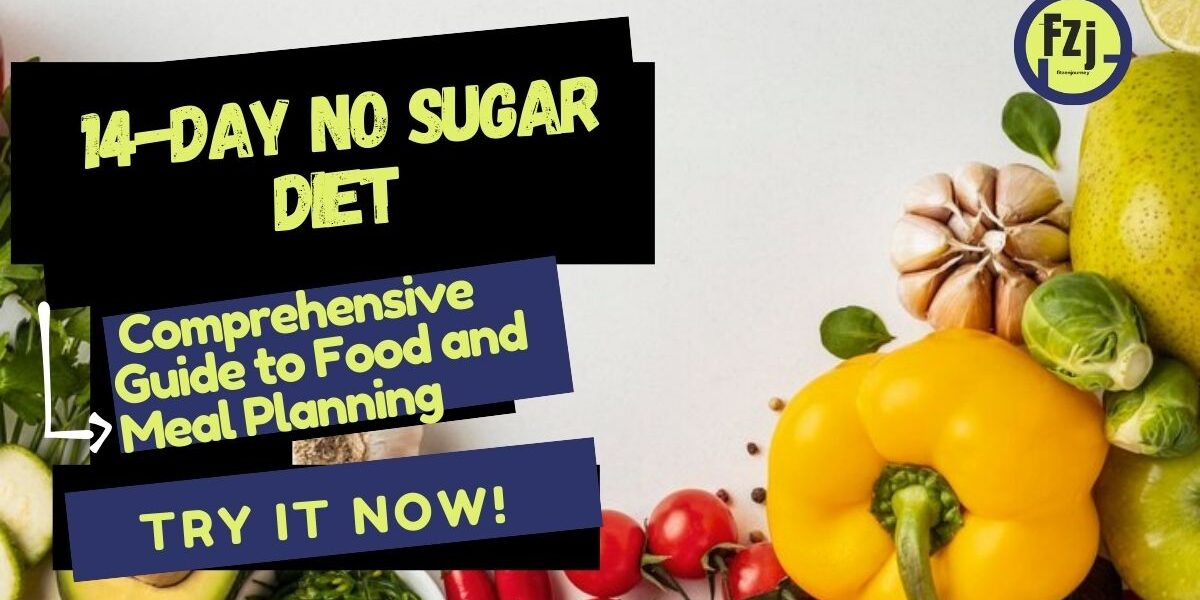


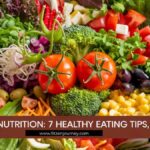
[…] Unsweetened buttermilk […]
[…] Refined Sugars: […]